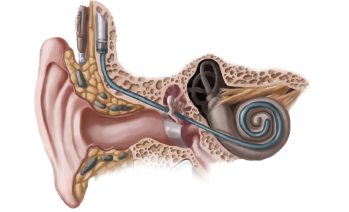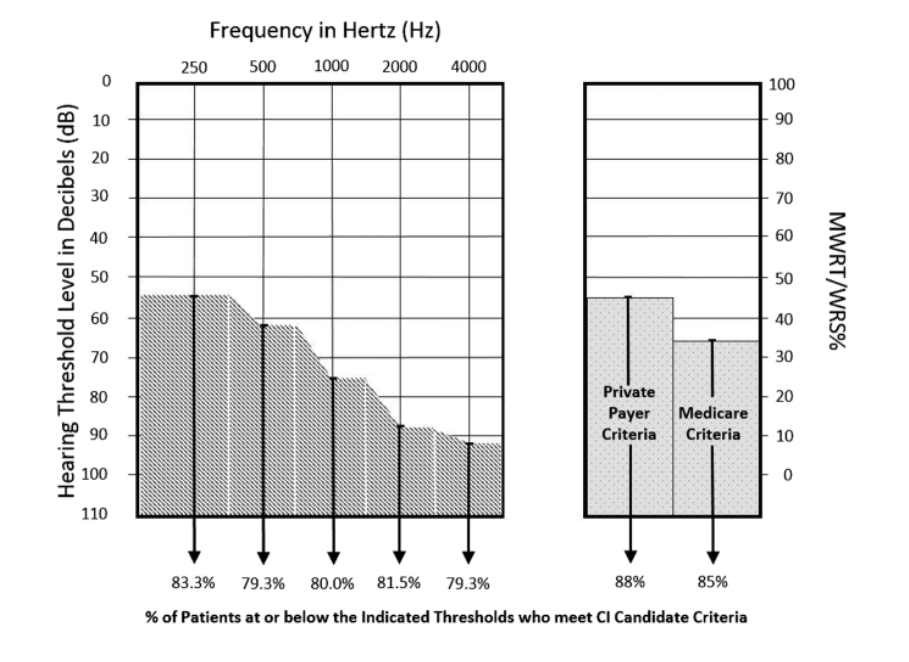A look at what we know about intracochlear fibrosis and the foreign body response following cochlear implantation (CI)?


A look at what we know about intracochlear fibrosis and the foreign body response following cochlear implantation (CI)?

New cochlear impant users consistently demonstrate improvements in attention, episodic, and working memory, as well as processing speed, even after as little as 6 months experience with their devices.

Earlier age at the time of cochlear implantation in congenitally deafened children has been demonstrated to be significantly correlated to improved outcomes.
Successes include benefits in speech perception abilities significantly better than those in the preoperative best-aided condition.

Bilaterally implanted patients benefit significantly in difficult everyday listening situations

A panel of experts at the Triological Society Combined Sections Meeting discuss options in unilateral versus bilateral hearing loss

Routine audiometric findings can be used to identify patients who are likely to meet CI candidacy upon formal testing.

These studies demonstrate signicant benefit of bimodal stimulation over a single CI
In this study, the Nucleus Hybrid S8 provided improved word understanding in quiet and noise